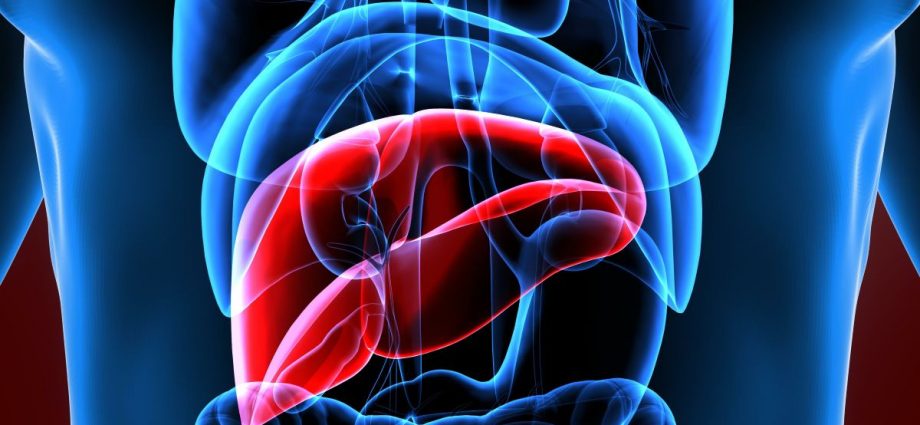MONDAY, Nov. 18, 2024 (HealthDay News) — AI can help doctors diagnose early cases of fatty liver disease, a new study says.
An AI program trained to spot a leading type of the disease, called metabolic-associated steatotic liver disease (MASLD), unearthed hundreds of undiagnosed cases among the electronic health records of patients within the University of Washington Medical System, researchers report.
“A significant proportion of patients who meet criteria for MASLD go undiagnosed,” said lead researcher Dr. Ariana Stuart, a resident at the University of Washington in Seattle. “This is concerning because delays in early diagnosis increase the likelihood of progression to advanced liver disease.”
In the study, the AI program identified 834 patients whose imaging scans indicated they had fatty liver disease, but only 137 had a formal diagnosis in their medical record.
That means that 83% of patients with fatty liver disease remained undiagnosed, even though data already in their electronic health record supported such a diagnosis, researchers said.
Stuart presented the study Saturday at the annual meeting of the American Association for the Study of Liver Diseases in San Diego. Such research should be considered preliminary until published in a peer-reviewed journal.
“People should not interpret our findings as a lack of primary care training or management,” Stuart said in a meeting news release. “Instead, our study shows how AI can complement physician workflow to address the limitations of traditional clinical practice.”
As many as 42% of U.S. adults have some form of fatty liver disease, according to another study, published earlier this month in the journal Nature Communications Medicine.
Obesity, drinking and type 2 diabetes are the main drivers behind fatty liver disease, the earlier study reported.
If left untreated, fatty liver disease can lead to scarring of the liver and increase a person’s risk of liver disease and liver cancer.
Early diagnosis of fatty liver disease is key to preventing its progression to more severe disease, Stuart noted.
More information
The Cleveland Clinic has more about metabolic-associated steatotic liver disease.
SOURCE: American Association for the Study of Liver Diseases, news release, Nov 16, 2024
Copyright © 2026 HealthDay. All rights reserved.

